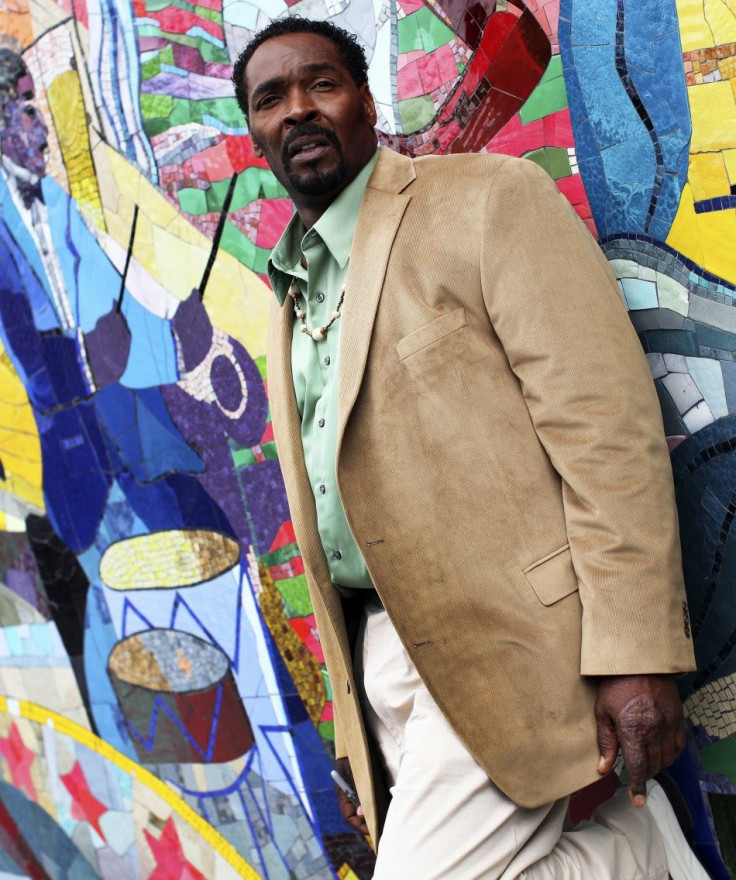Rodney King Today: 20 Years After LA Riots, King Discusses New Book And Life After Beating

Rodney King's new book, The Riot Within: My Journey From Rebellion to Redemption, was released on April 24. King is best known as the victim of a brutal police beating that took place in Los Angeles, Calif., on March 3, 1991.
The incident was captured on film, which showed a number of Los Angeles Police Department officers surrounding the helpless King. Some LAPD officers repeatedly struck him with their batons while others stood by watching.
A portion of this footage was aired by news outlets around the world, leading to riots, public outrage, and increased tension between the local black community and the LAPD. The incident focused attention on police brutality, racism, and economic and social inequality in Los Angeles.
About 20 years later, King's new book discusses the event, as well as many of the things that ensued after he recovered from the horrific beating.
I wrote the book for my kids, who didn't hear the whole story, King said in an interview with The Daily Beast. They kinda know what happened to me back then but not the entire story. I feel the rest of the country is the same way.
King, 47, recently met with Los Angeles Times op-ed columnist Patt Morrison at the Los Angeles Times Festival of Books to discuss his new memoir, his beating by LAPD members, the trial, and the riots.
The meeting, involving a number of audience members, included discussion on subjects ranging from a recollection of the riots to whether things have changed in Los Angeles since then.
A woman who was present on the University of Southern California campus the day the rioting took place said she thought things had changed in a positive way. I think at least in this community, I think it has. The woman added, I think we have a long way to go.
Naturally, there were some people who felt otherwise.
I believe things have not changed, another woman -- who lived close to 64th Street and Normandie Avenue, near the epicenter of the L.A. riots -- told the panel. While she no longer lives in the area, she does visit it occasionally, and she said, It's even worse than the status quo at the time.
King put in his two cents, saying that he believed that, for the most part, things have changed for the better.
Are we better today or worse? I would have to say that things are better each and every day, you have to look at the history of where we've come from as a whole in this country, and the work that went into it over the years, King said.
King also said he believes there is still work to be done, and how, when it comes to race relations, that work should never stop. We've got a long ways to go, like Martin Luther King said, and when it comes to race relations, we should always be working on that in this country because of our history of it.
As the panel concluded, King left his audience with some final words of wisdom.
[R]emember one thing: Yes, we all can get along.
© Copyright IBTimes 2025. All rights reserved.






















